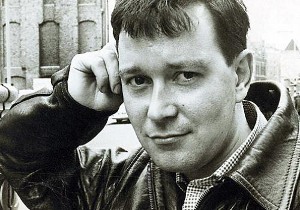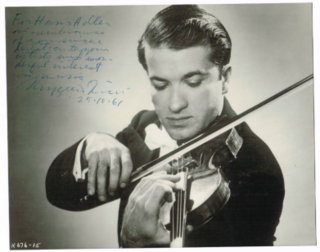A Quote by Oscar Wilde
Good taste is the excuse I've always given for leading such a bad life
Related Quotes
The discovery of the good taste of bad taste can be very liberating. The man who insists on high and serious pleasures is depriving himself of pleasure; he continually restricts what he can enjoy; in the constant exercise of his good taste he will eventually price himself out of the market, so to speak. Here Camp taste supervenes upon good taste as a daring and witty hedonism. It makes the man of good taste cheerful, where before he ran the risk of being chronically frustrated. It is good for the digestion.
A good taste in art feels the presence or the absence of merit; a just taste discriminates the degree--the poco piu and the poco meno. A good taste rejects faults; a just taste selects excellences. A good taste is often unconscious; a just taste is always conscious. A good taste may be lowered or spoilt; a just taste can only go on refining more and more.
One is born with good taste. It's very hard to acquire. You can acquire the patina of taste. But what Elsie Mendl had was something else that's particularly American––an appreciation of vulgarity. Vulgarity is a very important ingredient in life. I'm a great believer in vulgarity––if it's got vitality. A little bad taste is like a nice splash of paprika. We all need a splash of bad taste––it's hearty, it's healthy, it's physical. I think we could use more of it. No taste is what I'm against.






































